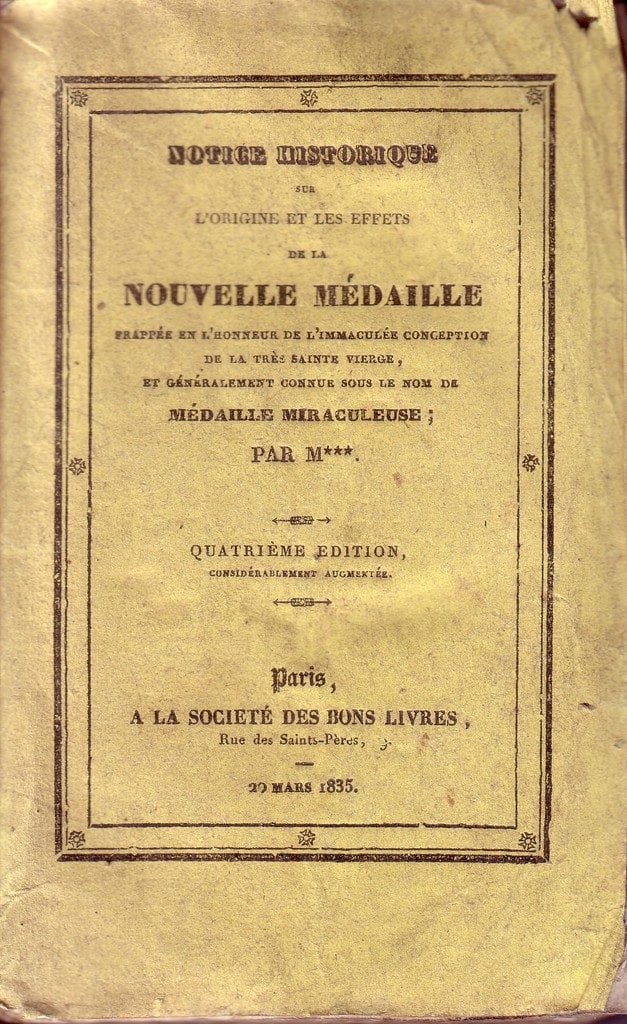In a masterful survey of research on Catholicism in the South, Woods has done for that region what James Hennesey did for the Catholic Church in the United States in American Catholics.”—Gerald P. Fogarty, University of Virginia
“This is a book we have long needed. Over the last four decades the history of the evangelical tradition in the South has been discovered and much written about, but the Catholic dimension of southern religious history has lagged behind in the historiography. Finally here is a synthesis of almost three centuries of the Catholic Church in the region.”—John B. Boles, Rice University
No Christian denomination has had a longer or more varied existence in the American South than the Catholic Church. The Spanish missions established in Florida and Texas promoted Catholicism. Catholicism was the dominant religion among the French who settled in Louisiana. Prior to the influx of Irish immigrants in the 1840s, most American Catholics lived south of the Mason-Dixon line. Anti-Catholic prejudice was never as strong in the South as in the North or Midwest and was rare in the region before the twentieth century.
James Woods’s sweeping history stretches from the first European settlement of the continent through the end of the Spanish-American War. The book is divided into three distinct sections: the colonial era, the early Republic through the annexation of Texas in 1845, and the stormy latter half of the nineteenth century. Woods pays particular attention to church/state relations, mission work and religious orders, the church and slavery, immigration to the South, and the experience of Catholicism in a largely Protestant region. He also highlights the contributions and careers of certain important southern Catholics, both clerical and lay, and considers how the diverse Catholic ethnic and racial groups have expressed their faith—and their citizenship—through the centuries.
About the Author
James M. Woods is professor of history at Georgia Southern University.
A History of the Catholic Church in the American South, 1513-1900. (Gainesville: University of Florida Press, 2011. Pp. xviii, 498. $69.95. ISBN 978-0-813-03532-1.)









